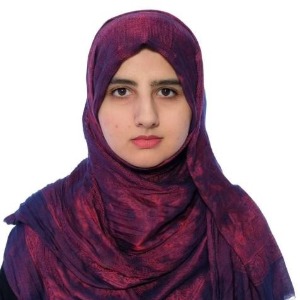Title : Novel two step surface boron decoration of graphitic carbon nitride photoelectrodes for efficient charge transport and separation
Abstract:
The photoelectrochemical (PEC) performance of g-CN can be enhanced by modifying its photocatalytic properties, which has been considered as a typical challenging agent for water splitting. Here, we present a study of metal-free surface charge transfer doping (SCTD) of g-CN films by means of surface alteration treatment and accordingly demonstrated its influence on the PEC performance by combining experiments and theoretical calculations. The as-prepared doped films using a boron dopant boost the photocurrent density by a factor of 3 versus RHE with no sacrificial reagents as compared to pristine g-CN films. The boron dopant can readily substitute the nitrogen atom when the film is coated five times and, consequently, reduce the band gap by raising the valence band edge. We conjecture that such improvement is due to the effective SCTD and enhanced charge carrier separation, which are beneficial for improving charge migration, charge mobility, space charge region, and recombination rate.


